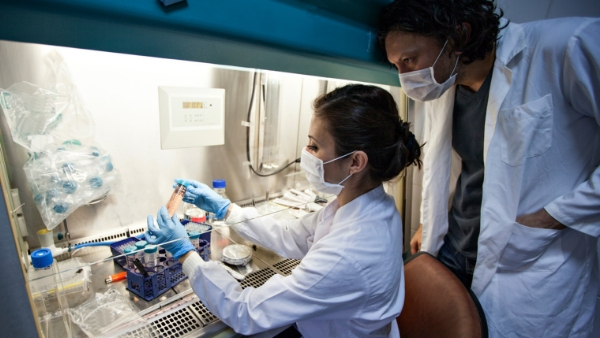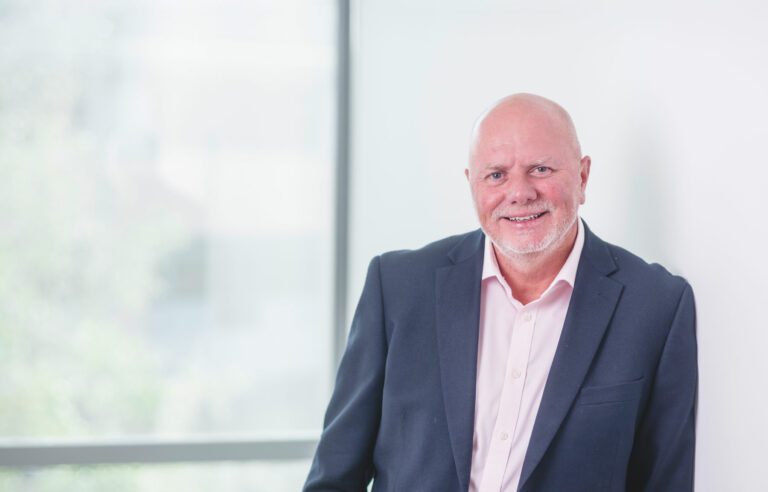Author
My fourth and final seat, which commenced in March 2018, has been in Michelmores’ Disputed Wills and Trusts team. Ahead of qualifying into Tax, Trusts and Succession this September, it has been an enjoyable and beneficial seat for a number of reasons: the opportunity to help families navigate their way through litigation in already trying circumstances; the breadth of law involved in resolving disputes concerning Estates; and gaining experience working with the legacy departments of a variety of charities.
Specifically, the seat has afforded me the chance to work closely with Cancer Research UK and spend a week on secondment at their head office. Michelmores is appointed as the preferred provider of legal services in respect of all legacy related matters for Cancer Research UK, the world’s largest cancer charity.
Cancer Research UK is at the forefront of the global research efforts in finding a cure for all forms of cancer. It is able to achieve this through the generosity of individuals and corporations, who through their donations, help fund the research. A significant proportion of these donations are in the form of legacies generously left in supporters’ Wills. As such, Cancer Research UK has a legacy department to deal with these funds and instructs the Michelmores to support them in this endeavour.
The chance to spend a week working in Cancer Research UK’s head office was an amazing opportunity. The legacy team was extremely welcoming and it was a privilege to spend time in an organisation that is supporting pioneering work to prevent cancer. A key example of this work is found at the Francis Crick Institute, a research centre partly funded by Cancer Research UK, which I was shown around during the week. The Francis Crick Institute was built for biomedical research with a focus on discovering the biology underlying human health in order to improve the diagnosis, treatment and prevention of a variety of human diseases. Witnessing just one of the good causes that legacies are applied towards was a real eye opener and helped illuminate the value of the work the legacy department does.
From a legal perspective, it was an excellent learning experience to work in the offices of a client for an extended period. Notwithstanding the fact the legal issues I assisted with during the week were varied and interesting; it was also helpful to see these issues from a client perspective. During the week, I certainly became more alive to the typical drivers and concerns that a charity might have in the common scenarios that arise in the legacy context. As I move towards qualification as a solicitor, I am hopeful I will be able to use this knowledge to help shape my future client relationships.
My advice to future trainees would be, if an opportunity arises to go on secondment, for whatever period of time, go for it. Sometimes it may feel as though you have been thrown in the deep end as you are approached for advice without your supervisor on hand to act as a “safety net”. However, as a result, you have opportunities to increase your ability to advise independently which can only help with the transition to being a fully-fledged solicitor.
Print article

